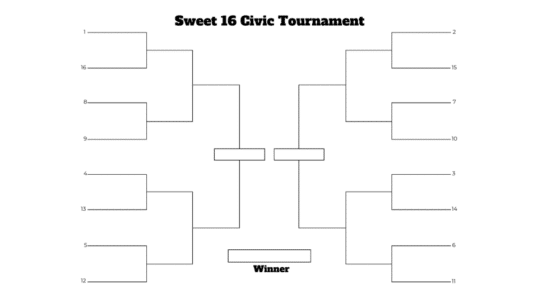Praising partisanship might seem like a strange thing to do—at least for a non-partisan organization like the Interactivity Foundation. In the discussions we facilitate, whether in our “Discussion Projects” or our ensuing “Public Discussions,” we don’t seek to stoke the fires of partisanship. We don’t agitate for our discussion participants to adopt one partisan point of view or another. We don’t seek to spark the kind of polarizing partisan debates that heat up our airwaves and fill our cable-news shoutfests. Instead, we facilitate our discussions in a way that encourages the participants to explore and develop ideas that go beyond and even contrary to their own personal partisan views. Rather than entrenching our discussion participants in their fixed partisan positions, we want to loosen them up to explore novel or alternative approaches to complex social and political areas of concern.
At first blush, you might think our approach resonates with the pleas we often hear for bipartisanship in politics. But there’s a difference between taking an open approach to exploring policy (or political) difference and advocating a consensus sort of bipartisan policy. From time to time our nation’s editorial pages and political talk shows are filled with talk about putting aside our political differences, often in the name of a kind of split-the-difference political centrism. Often we’re told that partisanship is toxic for our democracy. But what if, as panelists in a recent Interactivity Foundation Project Discussion wondered, it’s really the other way round? What if it was the idea of erasing policy differences that is truly toxic for our political discourse? Maybe setting aside policy differences and acting like they shouldn’t matter is what is truly toxic for our nation’s democracy. If our policy choices don’t offer any real distinctions, do we really have any democratic choices? Would our democratic choices matter at all, if there were no real difference among them?
When our project panelists came to this idea, it was as part of an open and collaborative discussion of diverse approaches to an area of policy concern. In our projects, we combine this exploratory attitude with a focus on developing contrasting perspectives and policy approaches. We don’t seek to develop a consensus—we want to develop contrasting policy possibilities. You might say it’s a non-partisan way to recognize the importance of partisanship, the democratic value of having meaningful differences in our policy choices.
–Jeff Prudhomme



